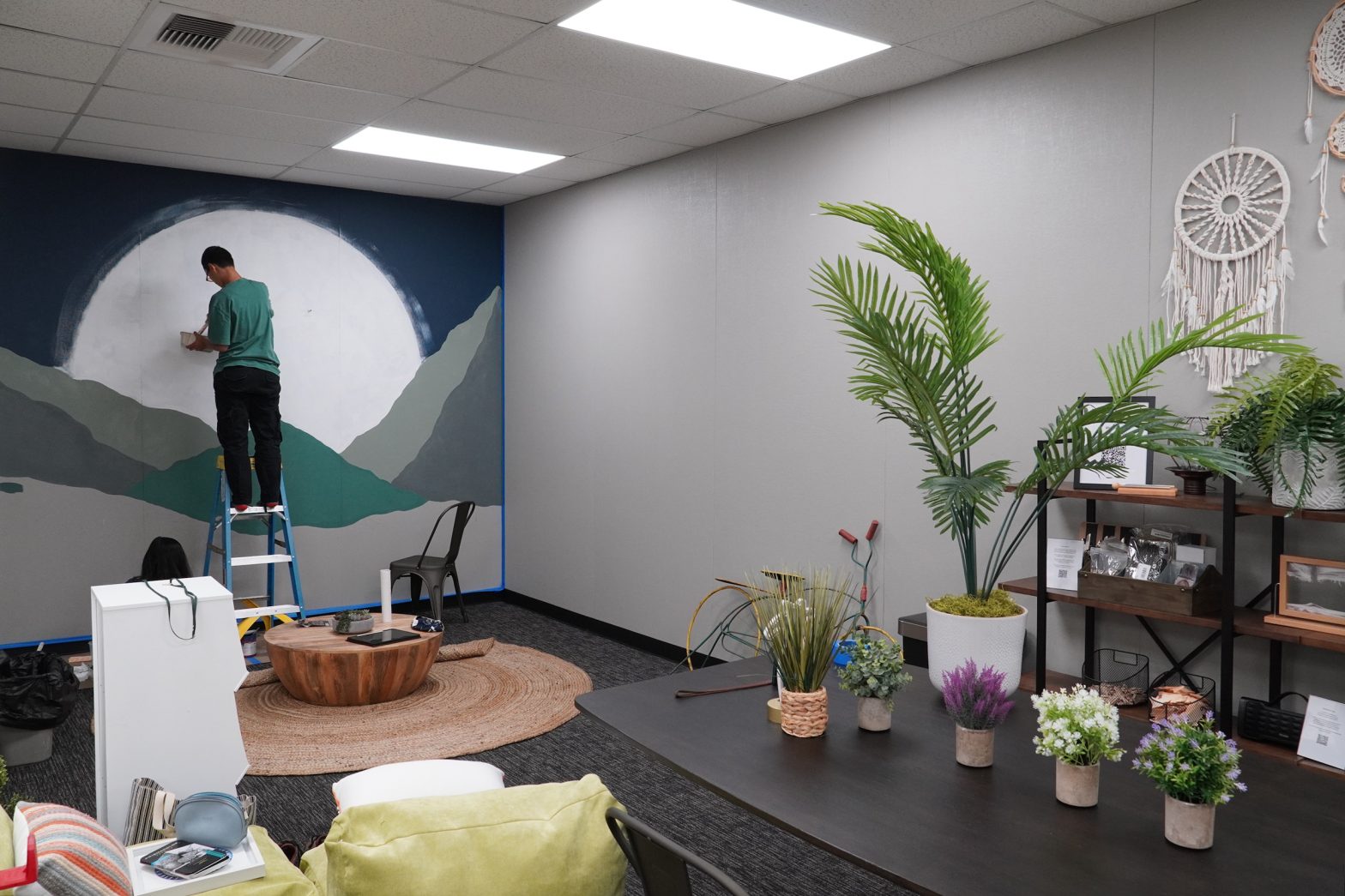Preventing the Next Public Health Crisis Requires Looking at In-School Potty Training
COMMENTARY

As a small business leader, I am intimately familiar with the way in which failing schools are hurting our economy by not serving our children or educators.
The last few years have been an onslaught of public health crises, from COVID-19 to adenovirus-caused hepatitis to monkeypox rapidly spreading, and now polio.
We must analyze how to keep the most vulnerable — our children — safe while at school. While schools have done their best to adjust by altering schedules, enforcing mask mandates and encouraging vaccinations, there is an unexpected opportunity for support: potty training.
In-school potty training is crucial in stopping the spread of dangerous diseases, but right now we do not have enough qualified professionals in our schools to handle the task.
We can reframe this challenge into an opportunity that improves our children’s education experience, helps in their growth and creates new employment opportunities.
In the 2021-2022 school year, COVID and school staffing shortages resulted in new qualification standards for teaching positions. In some cases, school districts accepted custodial and cafeteria workers and bus drivers as teachers. Substitutes, teaching assistants and non-instructional staff with little to no training became full-time teachers in states such as Michigan last year.
Principals, superintendents and, in some small towns, even mayors pitched in to keep schools open. In New Jersey, the Board of Education just made it significantly easier to become a teacher, amending previously held requirements to enter the profession.
With mass resignations, temporary staffing agencies faced their own challenges. Teachers’ unions argued their members were overworked and underpaid while education support staff began to form their own unions for higher wages and better working conditions.
Can overworked educators — senior or junior — stay up to date with Occupational Safety and Health Administration and Centers for Disease Control and Prevention guidelines as viruses change and emerge? Probably not. And, quite frankly, it shouldn’t be their job.
Hypothetically, if a classroom of 10 pre-K students needs to be potty trained in addition to regular lessons, they are bound to become a breeding ground for viral spread.
Given that monkeypox can spread through basic skin-to-skin contact, we run the risk of high community spread — as many educators and parents know, children do not keep their hands to themselves.
We need to reimagine the future of education, and potty training needs to be a part of that future. And bathroom duty should not fall on already overburdened teachers and instructional teaching assistants.
The solution is simple: We need to equip our school nurses’ offices to handle this as a legitimate health issue. A nurse’s office — with additional staff, nurse assistants and nurses in training — can become a wellness center for children. Professional staffing agencies service medical hospitals and companies, why not schools?
The wellness centers can provide back-to-school orientation for both educators and students alike on new public health emergencies and guidance. The centers can publish new curricula on how to identify, report, treat and post-support health issues, including mental health.
Mental health shouldn’t just be for students with special needs but all students to address depression, anxiety and PTSD post-pandemic. This approach to building out nurses’ centers in schools would not only prevent the spread of disease through potty training, but also promote a holistic approach to wellness in our children.
At the end of the day, our children’s health and safety at school is directly related to the economic future of our state and country. By implementing these solutions, we can create a stronger school system and create good jobs.
A change like this would require funding and deep partnerships. We need to create and revise a COVID plan with a committee of medical schools, nursing schools, professionals in pre-K businesses like kindercare and pre-K, as well as existing public and private school professionals.
This committee would develop the new “Nurses and Children In-school Clinic Wellness Center” while addressing the following: a school emergency operations plan, communications and warning, public health actions, medical actions, continuity of operations actions and recovery planning.
This funding, partnership and resulting plan would both prioritize the health and safety of our children and create more jobs, reduce education shortages and bring more teachers back to the education profession, creating a safer, healthier and more prosperous education system for all.
Erica Collins is president of America’s Entrepreneur Enterprise LLC in New York, New York. Ms. Collins was recently named to the National Small Business Association Leadership Council. She has worked for several major media companies, including Businessweek, MSNBC, Fox News, HBO and Time Warner/HBO Sports, U.S. Chamber of Commerce Broadcast studio’s “It’s Your Business” and the “Quality Learning Series.” She is executive producer and host of cable, streaming and podcast shows such as “Blog Talk Radio’s Enterprise.” You can find her on Twitter @EnterpriseECAA.























